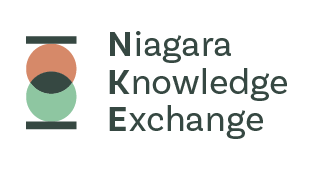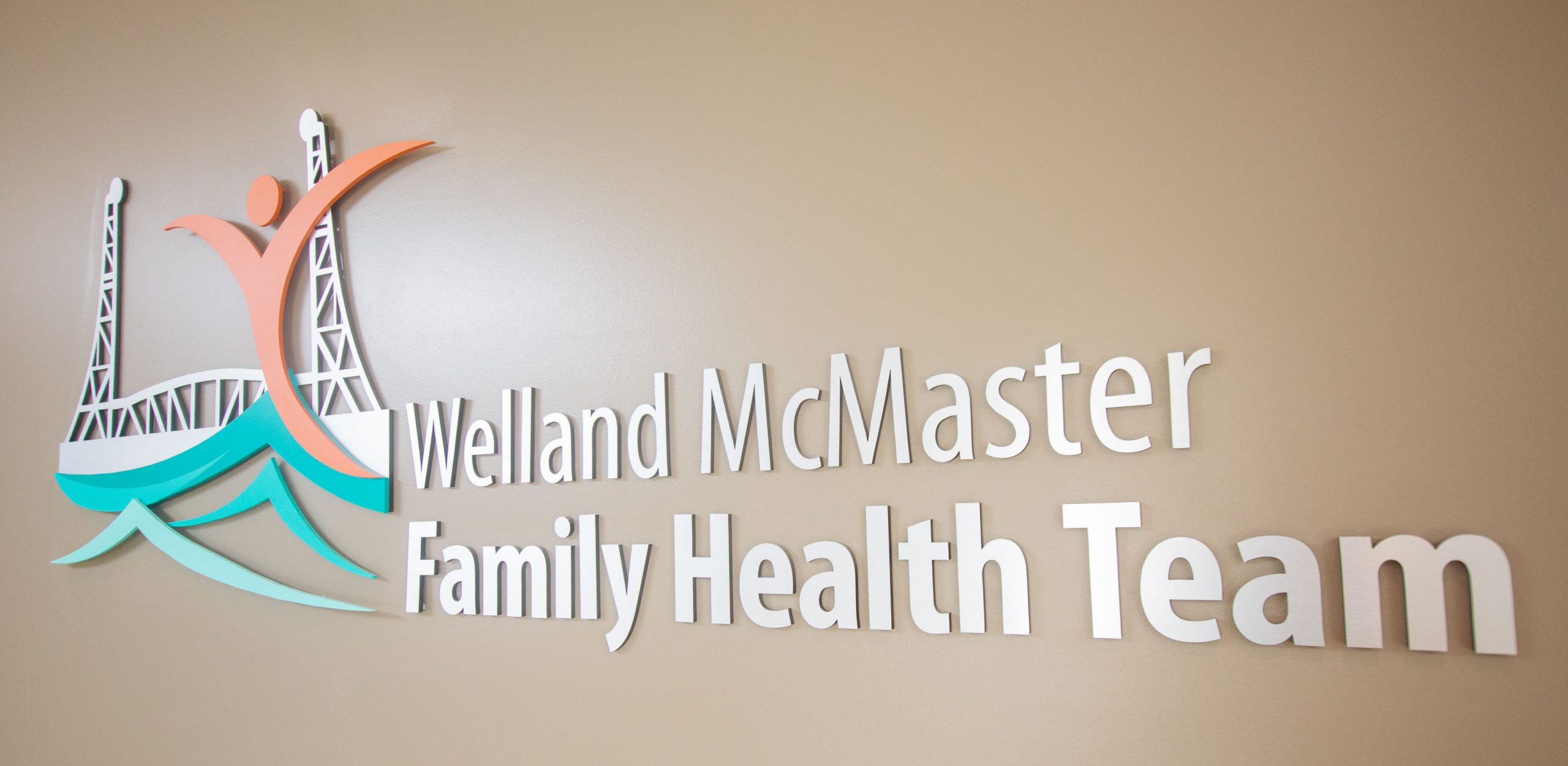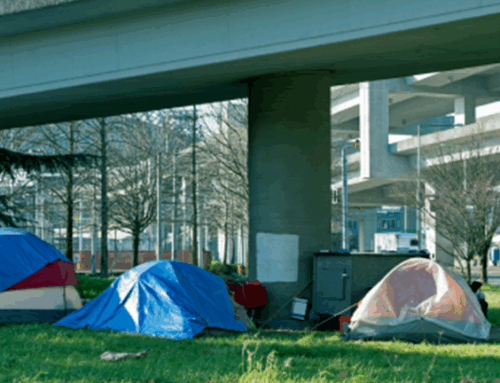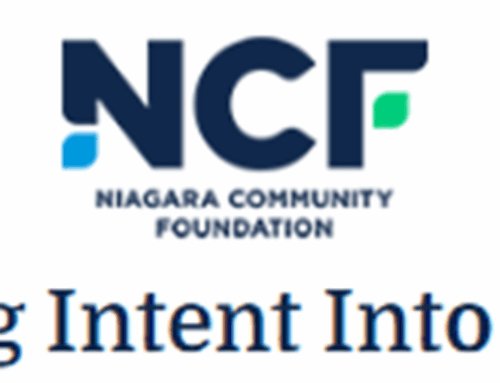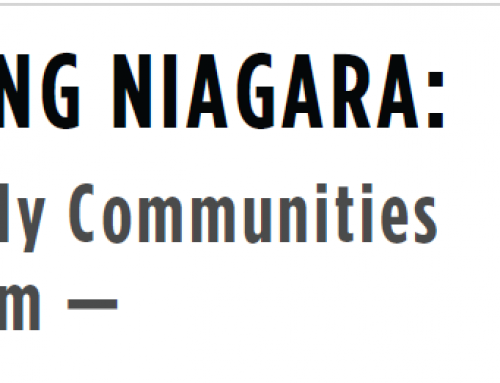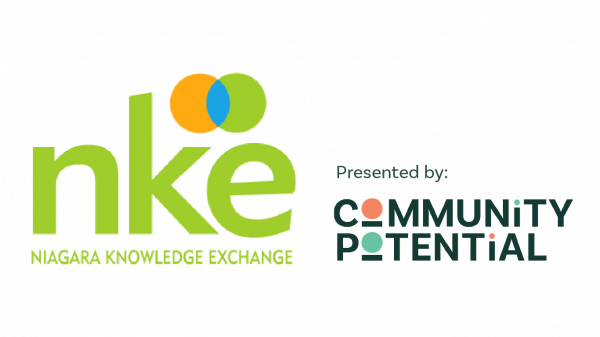If you take a drive through South and West Niagara communities, including Pelham, Beamsville, and Wainfleet, you’ll notice the abundance of fruit farms and vegetable and nursery greenhouses dotting the area. We are fortunate to live in an area with so much local produce. Our gardens and dinner tables in Niagara benefit from the dedication of local farmers and the hard work provided by their employees: Seasonal Agricultural Workers.
It is important to note that while the term ‘migrant worker’ is often used to refer to this population, that is a misnomer. ‘Migrant’ implies that the workers are here transiently, or even illegally, but that couldn’t be further from the truth. For up to 10 months of the year, the south and west of Niagara area is home to approximately 300 individuals from Mexico and other Central and South American countries who return here year after year through a federal government program to ensure that our local produce and nursery system continues to function. Many have been returning to the same farm for more than a decade, meaning that to some farmers like John Langendoen, owner of Willowbrook Nurseries, the workers “have become like family to us. We are so proud of them and the skills that they have developed at our nurseries.”
The Welland McMaster Family Health Team (WMFHT) and all our community partners acknowledge and appreciate our local farmers and Seasonal Agricultural Workers (SAWs), and we want to support them with the best possible access to health care and social services we can offer. The SAWs are eligible for OHIP and WSIB while they are here, but there are no walk-in clinics within walking or biking distance of their farms. While the farm owners support the workers by providing transportation and translation for their medical appointments, as well as for other necessities like banking and grocery shopping, we wanted to provide the option for workers to be able to independently access medical care on their own time closer to their place of residence.
In 2018, the WMFHT identified a need for local, accessible healthcare services for this vital population in southwest Niagara. We met with local farmers who supported our proposal and joined the Niagara Migrant Worker Interest Group to discuss how our Family Health Team could help. Quest Community Health Centre has been providing healthcare services to SAWs in North Niagara for many years, and we wanted to follow their example by creating accessible healthcare services to the workers in southwest Niagara. After completing a successful pilot project in 2019, and a pause during the pandemic, the WMFHT started our own mobile health clinic program in 2021, offering afternoon healthcare appointments with a physician or nurse practitioner and a translator at the Fenwick United Church for 3 hours every other Sunday from May to September. We have since expanded to running clinics until the end of October, as many workers remain here until mid-November.
As WMFHT began our 4th year of the program in May of 2024, we partnered with REACH Niagara to use their Telus Mobile Health van to provide a more private appointment setting and a better medically equipped mobile unit to address a broader range of healthcare issues. This year, we have also partnered with Generations Sport & Spine Physiotherapy services to offer the workers assessment and treatments for their physical ailments.
In order to sustain this mobile health service for these valuable members of our community, and to continue to equip the mobile health unit with medical supplies, the WMFHT and its community partners, including Positive Living Niagara, REACH Niagara, and the Welland Heritage Council and Multicultural Centre have applied for Local Community Grants to help us continue to expand our health and wellness services to SAWs across southwest Niagara. Our work is part of a broader movement to recognize and support the health and wellness of our farmers and the needs of the agricultural sector, including initiatives such as the Agriculture Wellness Ontario (AgWO) program. AgWO is a collaboration between the Canadian Mental Health Association (CMHA), Ontario Ministry of Agriculture, Food and Rural Affairs (OMAFRA), and the University of Guelph that provides free mental health and well-being support and education to Ontario’s agricultural community, including farmers, farm employees, their families, and SAWs. For more information about AgWO and the Farmer Wellness Initiative, visit their website: https://farmerwellnessinitiative.ca/
Lauren DeNapoli,
Program Coordinator, Seasonal Agriculture Workers Health Clinic
Welland McMaster Family Health Team
ldenapoli@wellandmcmasterfht.com
www.wellandmcmasterfht.com
